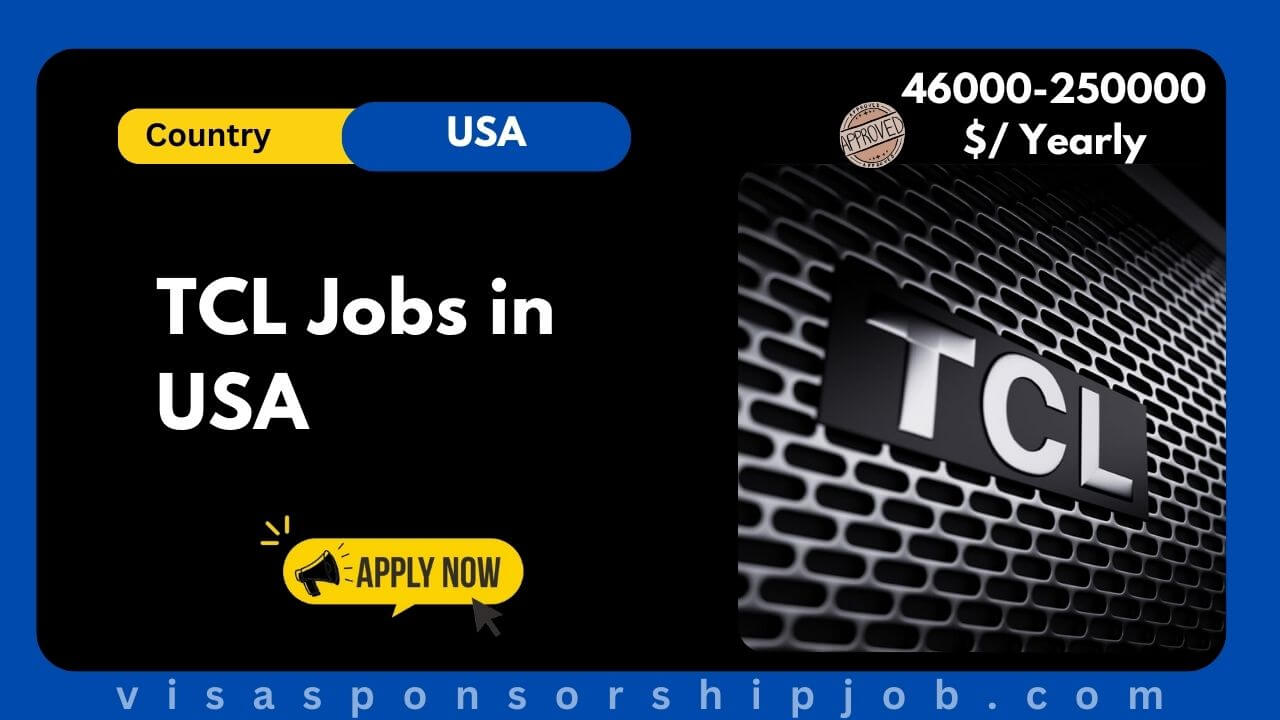Many Pakistanis and Asians look for factory worker positions in Romania and other EU nations. They frequently fail to obtain such employment because they are unaware of the job qualifications, visa requirements, where these jobs are accessible, and how to apply for them. If you work in a factory and want to relocate to Romania for work, this post is for you! We have provided all the details of factory worker positions in Romania with visa sponsorship, such as working conditions, average wage, job hours, work visa sponsor criteria, and much more. We’ve also listed the websites where these jobs can be found, so you don’t waste time looking.
Check Also: Warehouse Helper Jobs in Romania with Free Food
Key Points:
- Job title: Factory worker.
- Job Country: Romania.
- Minimum age: 21 years
- Knowledge required: No
- Experience required: Preferably Yes
- Visa Sponsorship: Yes
Which types of factory workers have the highest demand in Romania?
- Bread/ Confectionary Factory Workers.
- Assembly Parts Operators/ Machine Operators.
- Production Supervisors.
- Warehouse operators.
- Warehouse keepers.
- Warehouse Yard Keepers.
- Purchasing Clerks.
- Construction Factory workers (all categories).
- Automotive Factory workers (all categories).
- Packaging staff.
- Factory Cleaners.
- Quality control supervisor.
- Farming products factory workers (all categories).
- Materials engineers.
- Safety & waste management officers.
- Supply Chain Coordinators.
- Senior Process Engineer.
- Operator Dispenser.
- Meat Factory workers (all categories).
- Freight drivers in the logistics department.
Benefits of Factory Worker Jobs in Romania:
- Competitive Base Income: Many industrial positions in Romania have a competitive base income, which may include overtime pay for extra hours worked.
- Bonuses and Incentives: Some employers offer bonuses or performance incentives in exchange for attaining production targets or accomplishing particular goals.
- Paid Vacation Days and Public Holidays: Factory workers often receive paid vacation days and public holidays. The actual number of days varies depending on the employer and the work contract.
- Healthcare Benefits: Employees in Romania frequently have access to a public healthcare system. As part of their remuneration package, some employers may include private healthcare benefits or health insurance coverage.
- Lunch and Transportation Allowance: Some employers offer lunch coupons or transportation subsidies to help employees with daily commuting and eating expenses.
- Shift Differentials: Workers on night shifts or rotating shifts may be eligible for additional pay, known as shift differentials.
- Contributions to Social Security: In Romania, employers are required to make social security contributions on behalf of their employees. These contributions entitle you to a variety of social benefits, such as retirement pensions and healthcare.
- Training and Development: Employers may provide training programs and chances for skill development to assist employees in improving their job performance and advancing in their careers.
- Union Representation: Some Romanian manufacturing workers may be able to join a labor union that will advocate for their rights and negotiate improved working conditions and benefits on their behalf.
- Safety and Protective Gear: Employers are usually responsible for supplying safety equipment and creating a safe working environment by labor laws and regulations.
- Advancement Opportunities: Depending on the company’s policies and opportunities, manufacturing workers may be able to move within the business and assume more significant jobs.
- Employee Assistance Programs (EAPs): Some employers provide EAPs to employees who are struggling with personal or work-related issues.
- Paid Maternity and Paternity Leave: Under Romanian legislation, workers are entitled to paid maternity and paternity leave, allowing them to take time off when they have a child without losing their income.
- Job Security: Permanent employment contracts can give workers job security by protecting them from arbitrary dismissal without justification.
Requirements for Factory Worker Jobs in Romania:
- Romanian labor law is straightforward and friendly. There is no requirement for prior experience or specialized qualifications. However, other sectors, such as sewing, require experienced individuals (minimum of two years of experience) for their factories. To apply for a work visa, you must be between the ages of 21 and 50.
- All you need is a clean criminal record and to be intellectually and physically strong. Your chances of finding a job improve if you have work experience in any Gulf country. Companies in Romania engage you on a two-year contract. BRI Worldwide, the most well-known worldwide recruiting firm, requires at least a Matric level education and two years of experience.
Employee benefits for a factory worker in Romania:
Romanian labor law is extremely adaptable and rewarding. In Romania, factory employment is a highly respected and protected career. These employee rights are extended to foreigners on an equal footing. Among these rights are:
- Working hours are not arbitrary. You must labor 8 hours every day, six days a week.
- You are entitled to paid holidays, sick leave, maternity and paternity leave.
- The legislation clearly defines the minimum wage.
- Overtime is compensated.
- Pension Schemes
Average Salary of a Factory Worker in Romania:
A Romanian manufacturing worker’s average wage is determined by his industry, experience, and location. However, adverts for Romanian manufacturing worker jobs on numerous websites show a monthly salary of between EUR 550 and EUR 650. According to erieri.com, the average annual salary for a Factory Worker is RON 39,472 and the hourly wage is RON 15.00-25.00.
Where can I find Factory worker jobs in Romania with Visa Sponsorship?
All of the websites we have listed below provide fast-food Factory worker positions in Romania.
- Indeed
- eJobs.ro
- Bestjobs.ro
- OLX Romania.
- Jobs in Europe.Sabkura.com
- Ilm Career.com
For More Info:
Email Your CV, and We’ll Find the Best Pathway For you: info@visasponsorshipjob.com
Frequently Asked Questions:
How many hours of work in Romania?
The average day of work is 8 hours long, and the week is 5 days long (40 hours). The maximum amount of working time for a week is limited to 48 hours per week, including overtime.
What are the benefits of working in Romania?
Expats employed in Romania are eligible for benefits such as relocation, housing, language training, health insurance, dental care, child home care allowance, travel allowance, meal allowance, and benefits for joblessness.
What is the basic salary for factory workers in Romania?
In Romania, the average salary for a Factory Worker is RON 43,272 per year and RON 21 per hour. A Factory Worker’s typical salary ranges from RON 32,843 and RON 50,369.






